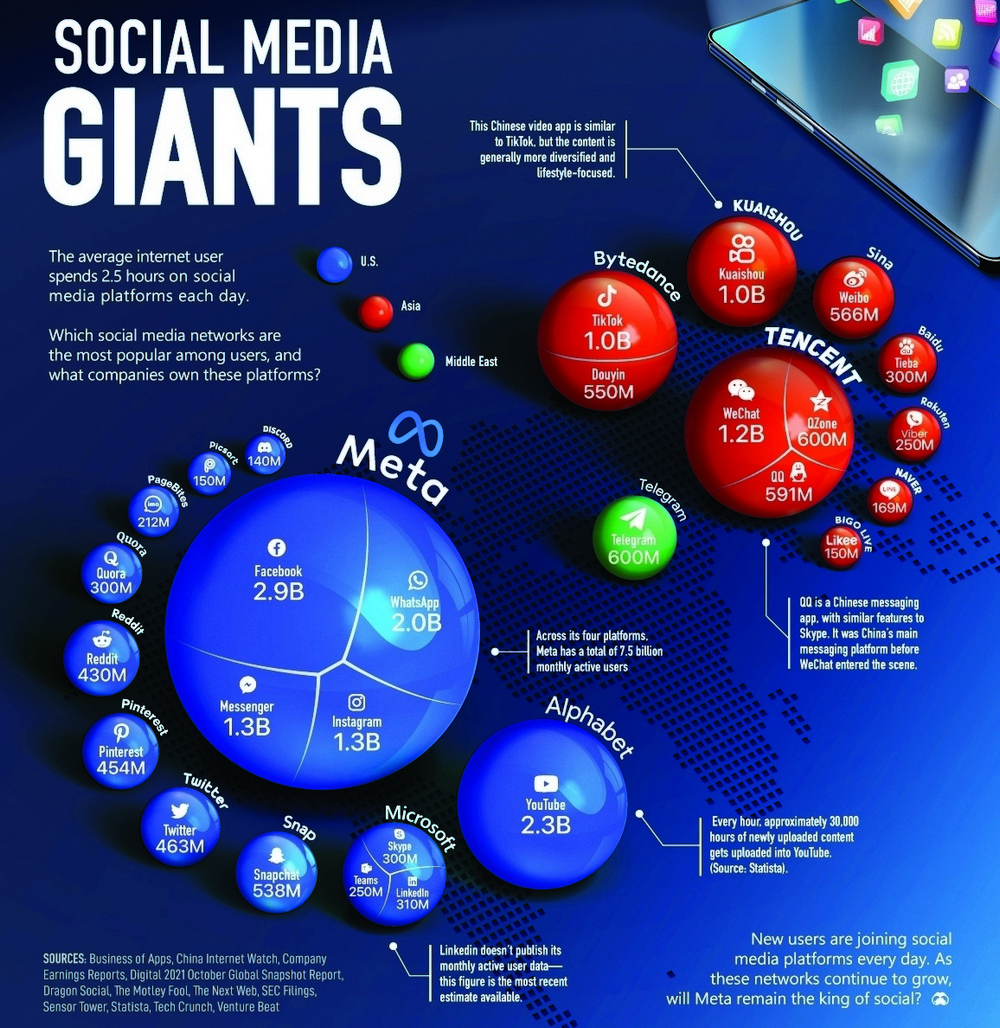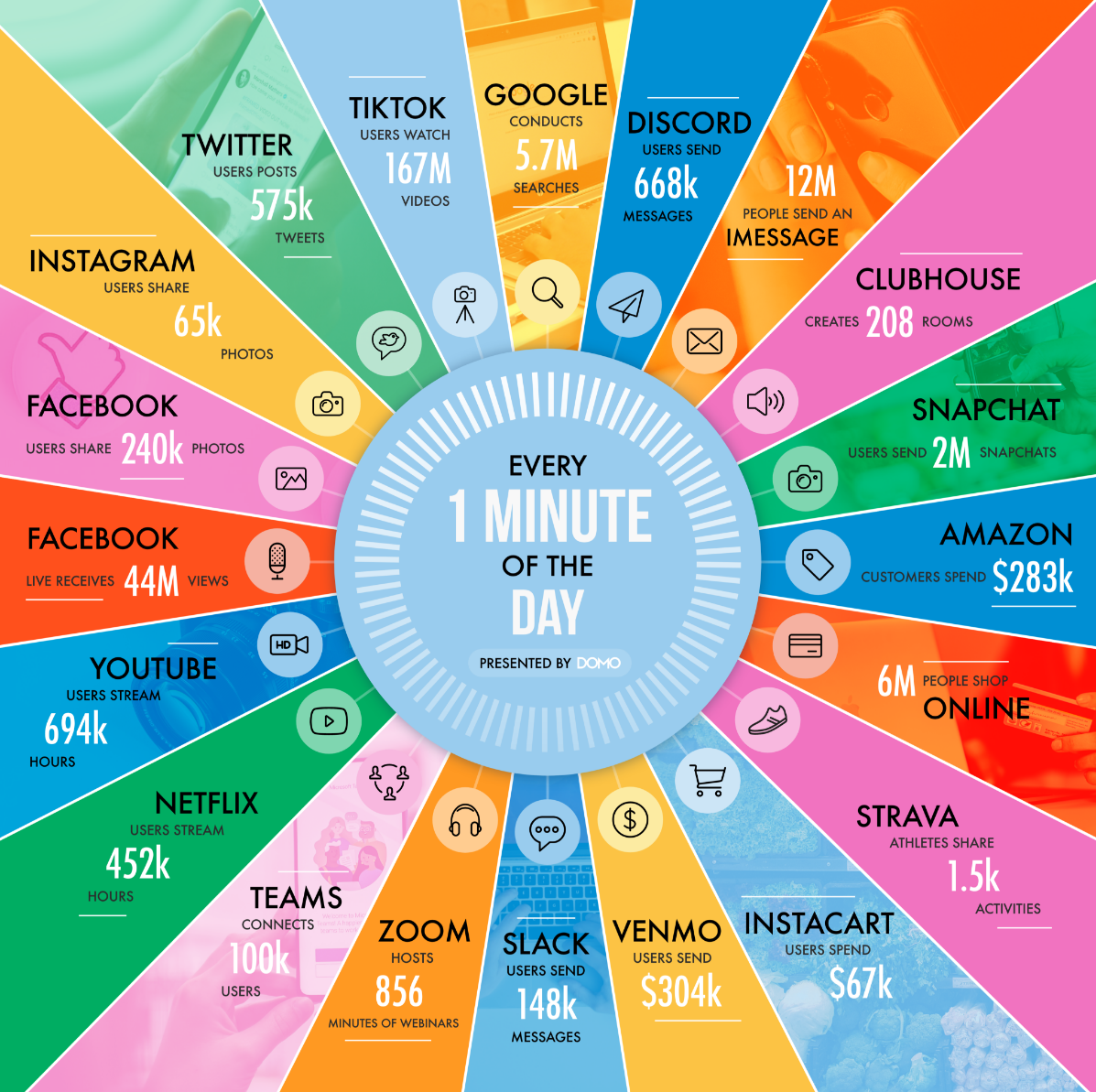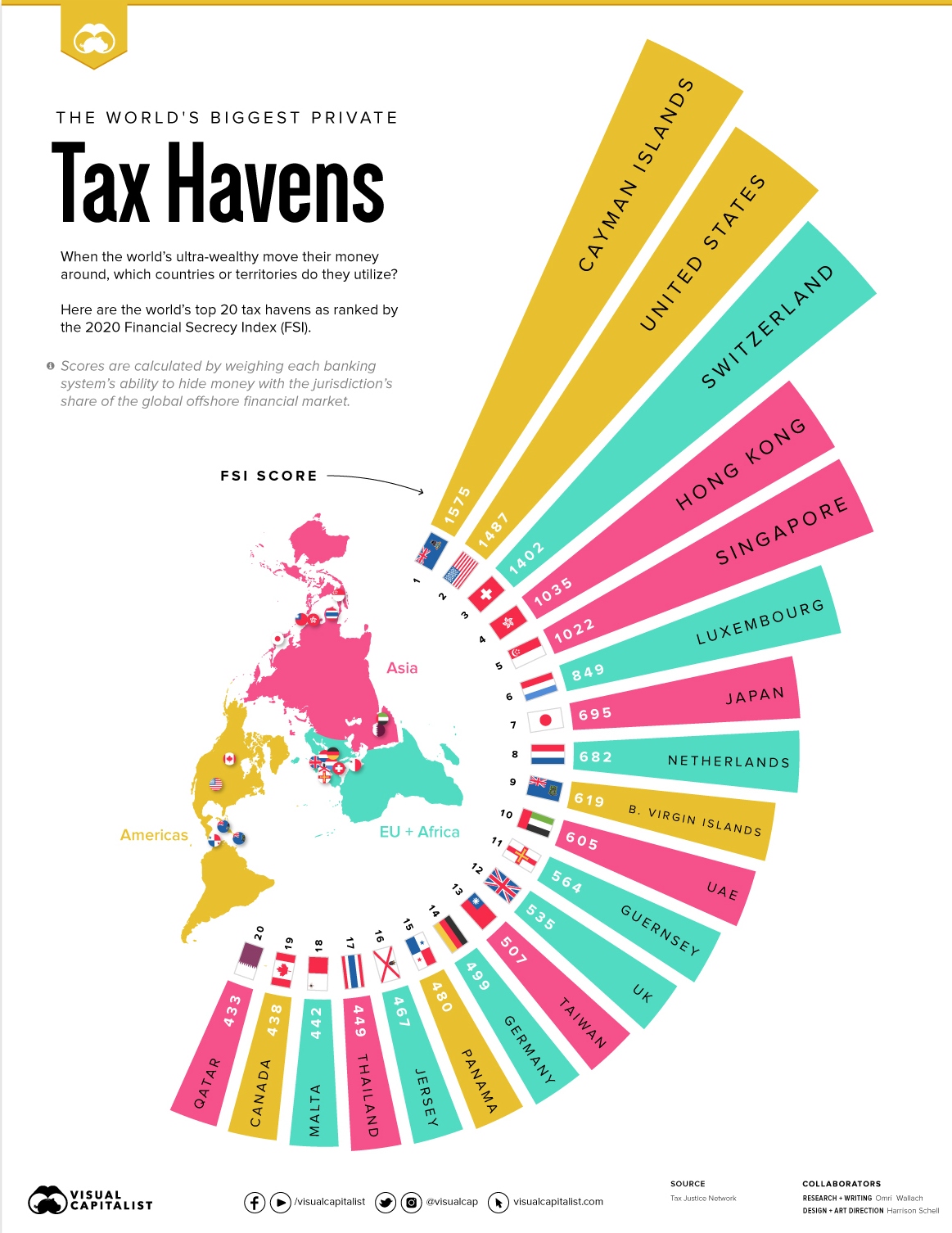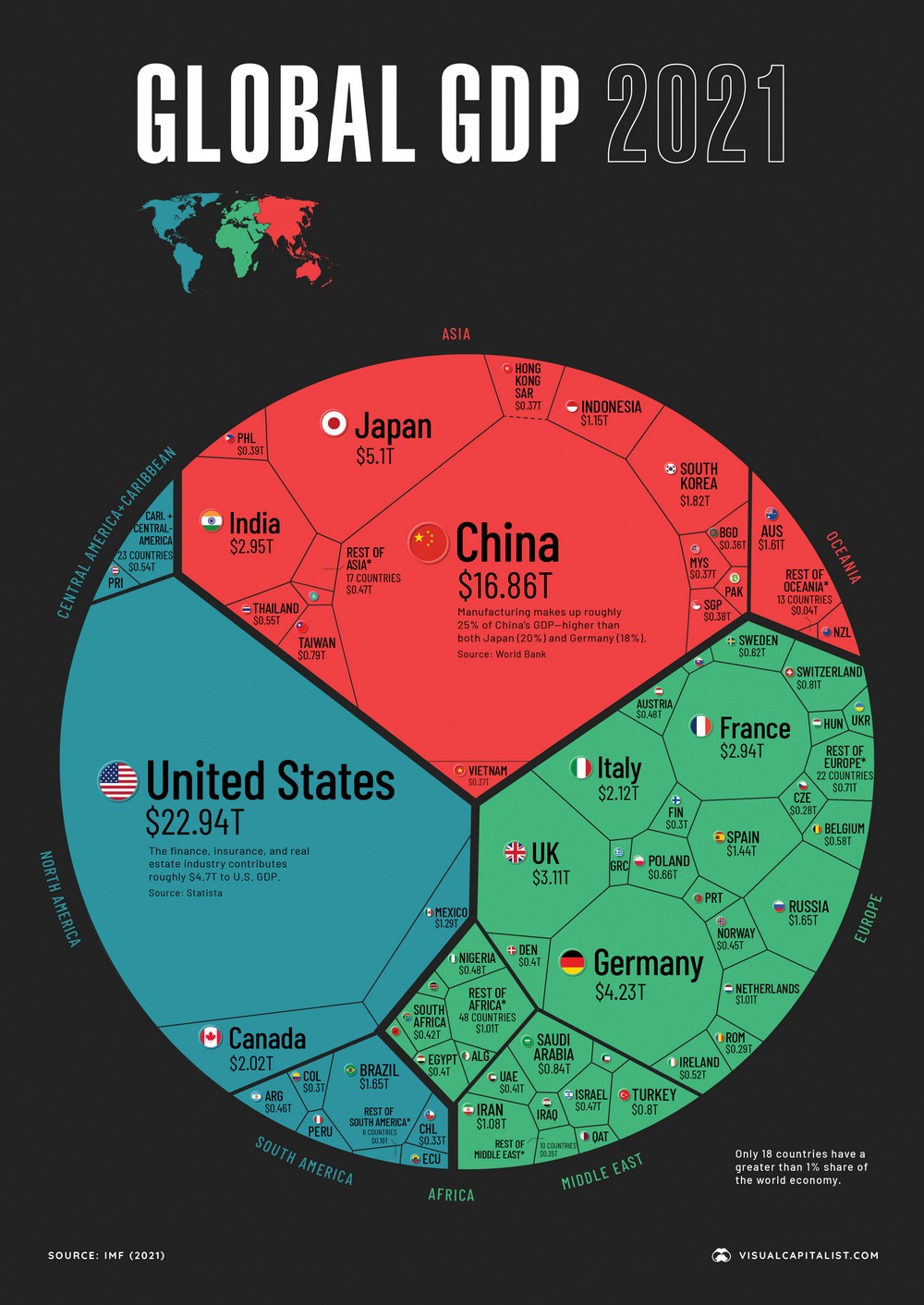This entity is a private club founded by Natalia Kardash with the aim to provide a platform for her personal business network to meet online or offline on a regular basis. The Club organises and supports events, workshops, presentations, get-togethers, seminars, conferences, etc.
CONCEPT
The Club members brainstorm innovative ideas and solutions, discuss inventions and progress on current and forthcoming developments, gain insight about the business community and news both about Cyprus and internationally.
There are three club bodies: Cyprus Business Network in LinkedIn, Online Business Club, and Economic Diplomacy Council.
MEMBERS
● The Founder of the Club invites each member personally.
● The Club consists solely of individuals whom the Founder knows personally and works with through one of her business projects.
CYPRUS BUSINESS NETWORK IN LINKEDIN
Members: businesspeople at all levels of corporate structure.
● This is a private group, membership is 'by invitation only'
● International and local connections of Ms Kardash
● Daily posts introducing members to each other
● Currently the network has 600+ members from 12 countries. The aim is to bring together (and introduce to each other) most of the personal contacts of Ms Kardash (people from at least 30 countries).
ONLINE BUSINESS CLUB
Members: CEOs, founders and shareholders, senior management of businesses located in Cyprus and abroad, local and international entrepreneurs.
● Members have the opportunity to participate in at least 20 online activities a year: private introductions, thematic discussions, seminars, workshops, lectures, presentations
● Events are organised online, via Zoom
● Once a year an offline event is held in Cyprus
● Ms Kardash will ensure that online meetings allow each member to network with at least 100 club members.
ECONOMIC DIPLOMACY COUNCIL
Members: only Owners/Founders/Chairpersons or CEOs of internationally oriented business are accepted as members of the Council.
● The Council accepts 6 new members each month
● The business should be internationally represented or addressed to foreigners
● The member of the Economic Diplomacy Council must hold executive positions for the period of at least 5 years
● Each member is invited to 10+ offline events per year
● The physical events are organised for groups of 6-8 people (coffees, lunches, dinners) or up to 15 people (thematic meetings). Twice a year the Council runs events where all its members gather together.
● Over one calendar year, every member meets all the members of the Council at least once.
● Economic Diplomacy Council members have complimentary access to the network of the Online Club and its meetings.
COMPLIMENTARY SERVICES/BENEFITS TO ONLINE CLUB AND ECONOMIC DIPLOMACY COUNCIL MEMBERS
● Participation in the Cyprus Business Network (LinkedIn Private Group)
● Personal introductions to other SBL Club members
● Access to a big library of video files with recording of previous events, meetings and seminars (the ‘archive’ files are available for free or with up to 80% discount)
● Direct communication with Ms Kardash with a possibility to request a private online/offline meeting for advice on business development, networking, PR and GR
● 20% discount to participate in Vestnik Kipra’s business events
● 20% discount on the services provided by the Vestnik Kipra Group (online and offline advertising, PR, social media, translation)
● Discounts provided by the Club Partners, at selected restaurants and hotels.
SUCCESSFUL BUSINESS LEADERS’ CLUB MEMBERSHIP
Please request more information from Ms Lusine Mirzoyan, Business Relationship Manager at Этот адрес электронной почты защищён от спам-ботов. У вас должен быть включен JavaScript для просмотра., or +357 99 656 432.
At the heart of the world’s digital activity are the everyday services and applications that produce unimaginable quantities of user activity and associated data.
Big Tech companies have quite the influence over our lives. That influence is becoming difficult to ignore, and draws increasing media and political attention.
One tangible measure of this influence is the massive amount of revenue Big Tech companies bring in. To get a better sense of this, we can look at Big Tech’s revenue generating capabilities on a per-minute basis.
Just four countries – the US, China, Japan, and Germany – make up over half of the world’s economic output by gross domestic product (GDP) as you may see below. You may be surprised that the main offshore and tax haven jurisdictions have nothing to do with small countries like Cyprus.
By weighing a country’s ability to hide money by its relative share of offshore financial services, we see the tax havens with the biggest impact on the global economy.

Data Never Sleeps 9.0
How much data is generated every minute?
The 2020 pandemic upended everything, from how we engage with each other to how we engage with brands and the digital world. At the same time, it transformed how we eat, how we work, and how we entertain ourselves. Data never sleeps and it shows no signs of slowing down. In our 9th edition of the 'Data Never Sleeps' infographic, we bring you a glimpse of how much data is created every digital minute in our increasingly data-driven world.



Судебная система Кипра перешла в цифровой формат. Все иски будут приниматься в электронном виде, исключения сделаны только для беженцев.
С 1 февраля 2022 г. начала функционировать кипрская система электронного правосудия (e-Justice). Новая система призвана стать ключевым элементом в процессе модернизации судебного делопроизводства и повышения качества услуг.
Теперь все новые иски будут подаваться только в электронном виде, без физического присутствия истцов. Исключение сделано для дел по предоставлению статуса беженца.
Работники сферы юстиции и судопроизводства заранее прошли курс подготовки и знакомства с новой системой. Все замечания и предложения по оптимизации e-Justice были учтены разработчиками.
Для обеспечения корректного функционирования системы, Кипрская ассоциация адвокатов организовала серию мастер-классов и разработала видеокурс для юристов. Благодаря такому подходу, есть все основания предполагать, что любые возникающие технические сложности по функционированию e-Justice будут решаться оперативно.
Доступ к системе электронного правосудия предоставляется после регистрации на государственном портале Ariadni. Верховный суд Кипр совместно с Кипрской ассоциацией адвокатов полностью поддерживают инновацию, и уверены в успешном переходе сектора судопроизводства в цифровой формат.
По материалам pio.gov.cy
Today digital assets are affecting the entire financial market. Will they create opportunities for economic growth? How will financial services industry models change? Is the regulatory structure over financial services prepared for this change? Deloitte’s 2021 Global Blockchain Survey provides a clearer view at current and future expectations for the global financial services industry (FSI).
The survey focuses on respondents from the FSI and FSI Pioneers – respondents, whose organisations have already applied blockchain solutions and/or integrated digital assets into their business activities.
More organisations realise that adopting blockchain and digital assets becomes necessary for their business models. According to the survey’s results, more than three quarters of FSI respondents strongly or somewhat agree that their organisation will lose an opportunity for competitive advantage if they fail to adopt blockchain and digital assets.
The shift to digital assets is fundamentally changing banking. Banks need to rethink their business models around the payments since cross-border transactions can be performed outside the traditional banking system. 43% of FSI respondents say that new payment options represent a ‘very important’ role for digital assets in their organisations.
Among FSI Pioneers that figure jumps to 63%. 76% of the survey respondents and 85% of FSI Pioneers believe that digital assets will help significantly or moderately reduce risks for organisations or projects. But this optimism is also tempered by caution. 71% of overall survey respondents identified cybersecurity among the biggest obstacles to acceptance of digital assets. 67% of FSI Pioneers agreed which means that even those who are already implementing digital assets and believe in their future have serious security concerns. Around 70% of overall survey respondents identified data security regulation in the greatest need of modification (vs 63% of FSI Pioneers).
The Deloitte’s Global Blockchain Survey shows that respondents expect to observe significant positive impact on their organisations and projects from a variety of digital asset types:
• Stablecoins or central bank digital currencies: overall survey 42%; FSI overall 43%; FSI Pioneers 53%
• Algorithm-driven stablecoins: overall survey 38%, FSI overall 40%, FSI Pioneers 59%
• Enterprise-controlled coins: overall survey 33%, FSI overall 33%, FSI Pioneers 43%.
This thinking creates anxiety about how the industry can adjust traditional processes, products, and services to effectively meet their customers’ future needs. An impressive 97% of FSI Pioneers see blockchain and digital assets as another way to gain competitive advantage.
The future is happening now. But it will depend on the industry players and on their reactions. What the industry does now will shape financial services, the nature of money, and the nature of financial economic activity for the next decade. Participation in the age of digital assets is not an option. Leaders need to decide how and when their organisations should start using digital assets to their great advantage.
Deloitte conducted its 2021 Global Blockchain Survey in 10 locations: United States, United Kingdom, Germany, China Mainland, Japan, UAE, Hong Kong SAR, Singapore, Brazil, South Africa. In total, 1,280 senior executives and practitioners took part in it.
The full survey can be accessed at www2.deloitte.com
A blockchain is a decentralised ledger of facts, replicated across several computers assembled in a peer-to-peer network. Facts can be anything from monetary transactions to content signature. Members of the network are anonymous individuals called nodes. All communication inside the network takes advantage of cryptography to securely identify the sender and the receiver.
When a node wants to add a fact to the ledger, a consensus forms in the network to determine where this fact should appear in the ledger; this consensus is called a block. Using this technology, participants can confirm transactions without the need for the central certifying authority.
How it works
Like all forms of technology, blockchain has several advantages and disadvantages to consider.
ADVANTAGES
One major advantage of blockchains is the level of security it can provide, and this also means that blockchains can protect and secure sensitive data from online transactions. For anyone looking for speedy and convenient transactions, blockchain technology offers this as well. In fact, it only takes a few minutes, whereas other transaction methods can take several days to complete. There is also no third-party interference from financial institutions or government organisations, which many users look at as an advantage.
DISADVANTAGES
Blockchain and cryptography involves the use of public and private keys, and reportedly, there have been problems with private keys. If a user loses their private key, they face numerous challenges, making this one disadvantage of blockchains. Another disadvantage is the scalability restrictions, as the number of transactions per node is limited. Because of this, it can take several hours to finish multiple transactions and other tasks. It can also be difficult to change or add information after it is recorded, which is another significant disadvantage of blockchain.
IMPLICATIONS OF BLOCKCHAIN TECHNOLOGY
Blockchain technology has made a great impact on society, including:
World Economy. Bitcoin, blockchain’s prime application and the whole reason the technology was developed in the first place, has helped many people through financial services such as digital wallets. It has provided microloans and allowed micropayments to people in less than ideal economic circumstances, thereby introducing new life in the world economy.
Concept of Trust. The next major impact is in the concept of Trust, especially within the sphere of international transactions. Previously, lawyers were hired to bridge the trust gap between two different parties, but it consumed extra time and money. The introduction of cryptocurrency has radically changed the trust equation. Many organisations are located in areas where resources are scarce, and corruption is widespread. In such cases, blockchain renders a significant advantage to these affected people and organisations, allowing them to escape the tricks of unreliable third-party intermediaries.
Internet of Things. The new reality of the Internet of Things (IoT) is already teeming with smart devices that turn on your washing machines; drive your cars; navigate your ships; organise trash pick-up; manage traffic safety in your community – you name it! This is where blockchain comes in. In all of these cases (and more), leveraging blockchain technology by creating Smart Contracts will enable any organisation to both improve operations and keep more accurate records.
Verified Payments. Blockchain technology enables a decentralised peer-to-peer network for organisations or apps like Airbnb and Uber. It allows people to pay for things like toll fees, parking, etc.
Sensitive Data. Blockchain technology can be used as a secure platform for the healthcare industry for the purposes of storing sensitive patient data. Health-related organisations can create a centralised database with the technology and share the information with only the appropriately authorised people.
Sources: www.simplilearn.com; www.ibm.com; www.businessinsider.com; www.nerdwallet.com; www.forbes.com; www.investopedia.com.
Торговля через соцсети набирает обороты. Что мешает взрывному росту social e-commerce? Социальной коммерции придется повторить путь к доверию потребителей, пройденный e-commerce.
Согласно исследованию консалтинговой компании из Греции Accenture, торговля товарами в социальных сетях (s-ecom) развивается в три раза быстрее, чем традиционная e-commerce. К 2025 г. оборот s-ecom достигнет 1,2 трлн. долларов. Такой рост объясняется, прежде всего, увеличением доли представителей поколения Z и миллениалов среди пользователей соцсетей. Есть мнение, что e-commerce готова к “социальной революции”, после которой электронная торговля будет постепенно переходить в s-ecom. Ограничения в связи с пандемией показали, что люди используют соцсети (s-net), как точки входа в интернет-пространство - новости, развлечения, общение ― все это начинается с s-net. Уже сегодня s-net трансформируют способ торговли как для продавцов, так и для покупателей.
Согласно исследованию, 59% покупателей в s-net готовы продолжать мелкие покупки в соцсетях. Что касается покупки дорогих товаров, здесь предпочтение отдается таким популярным маркетплейсам, как Amazon, Ebay и др. Очевидно, что на продажу товаров в соцсетях стоит обратить внимание представителям малого и среднего бизнеса. Наибольший объем торговли в s-ecom будет сосредоточен на товарах в сфере красоты и здоровья (40%), недорогой одежды (18%), электроники (13%), органических продуктов питания (13%), товаров для домашнего интерьера (7%). При этом, больше половины пользователей соцсетей выражают опасение относительно безопасности личных данных и возможностей по возврату или обмену купленного товара. Таким образом, отсутствие доверия остается пока самым существенным препятствием для развития s-ecom. Аналогичный путь становления, преодоления предрассудков, принятия инновационных решений в сфере безопасности и приобретения доверия покупателей проделала e-commerce в конце 90-х и начале 2000-х гг.
В заключение исследователь рассказал о некоторых интересных фактах: покупатели из развивающихся стран смелее, и настроены чаще пользоваться s-ecom; пользователи из Китая, Индии и Бразилии при покупке интересуются функциями и возможностями товара, а покупателей из Великобритании и США интересуют цены и скидки; доверие между покупателем и продавцом важнее для тех, кто старше по возрасту. Более взрослые пользователи также обращают внимание на безопасность, выбирая известные бренды. Для молодых пользователей важны отзывы покупателей.
По материалам economytoday.sigmalive.com
Blockchains such as Bitcoin and Ethereum are constantly and continually growing as blocks are being added to the chain, which significantly adds to the security of the ledger. There have been many attempts to create digital money in the past, but they have always failed.
The prevailing issue is trust. If someone creates a new currency called the X dollar, how can we trust that they won't give themselves a million X dollars, or steal your X dollars for themselves?
Bitcoin was designed to solve this problem by using a specific type of database called a blockchain. Most normal databases, such as an SQL database, have someone in charge who can change the entries (e.g. giving themselves a million X dollars). Blockchain is different because nobody is in charge; it’s run by the people who use it. What’s more, bitcoins can’t be faked, hacked, or double spent – so people that own this money can trust that it has some value.
HOW DOES CRYPTOCURRENCY WORK?
A cryptocurrency is a medium of exchange that is digital, encrypted, and decentralised. Τhere is no central authority that manages and maintains the value of a cryptocurrency. Instead, these tasks are broadly distributed among a cryptocurrency’s users via the internet.
Crypto can be used to buy regular goods and services, although most people invest in cryptocurrencies as they would in other assets, like stocks or precious metals.
PROOF OF WORK VS PROOF OF STAKE
Proof of work and proof of stake are two different validation techniques used to verify transactions before they’re added to a blockchain that reward verifiers with more cryptocurrency. Cryptocurrencies typically use either proof of work or proof of stake to verify transactions.
Proof of Work
Each participating computer, often referred to as a ‘miner’, solves a mathematical puzzle that helps verify a group of transactions – referred to as a block – then adds them to the blockchain leger.
The first computer to do so successfully is rewarded with a small amount of cryptocurrency for its efforts. This race to solve blockchain puzzles can require an intense amount of computer power and electricity. In practice, that means the miners might barely break even with the crypto they receive for validating transactions, after considering the costs of power and computing resources.
Proof of Stake
To reduce the amount of power necessary to check transactions, some cryptocurrencies use a proof of stake verification method. With proof of stake, the number of transactions each person can verify is limited by the amount of cryptocurrency they’re willing to ‘stake’, or temporarily lock up in a communal safe, for the chance to participate in the process. Each person who stakes crypto is eligible to verify transactions, but the odds you’ll be chosen to do so increase with the amount you front.
Proof of stake removes energy-intensive equation solving; it’s much more efficient than proof of work, allowing for faster verification time for transactions. If a stake owner (sometimes called a validator) is chosen to validate a new group of transactions, they’ll be rewarded with cryptocurrency, potentially in the amount of aggregate transaction fees from the block of transactions.
HISTORY OF BLOCKCHAIN
Satoshi Nakamoto, whose real identity remains unknown to date, first introduced the concept of blockchains in 2008. The design continued to improve and evolve, with Nakamoto using a Hashcash- l ike method. It eventually became a primary component of bitcoin, a popular form of cryptocurrency, where it serves as a public ledger for all network transactions.
Bitcoin blockchain file sizes, which contained all transactions and records on the network, continued to grow substantially.
By August 2014, it had reached 20 gigabytes, and eventually exceeded 200 gigabytes by early 2020.
Стоимость участия:
Полная программа: €350 (включая НДС). По предоплате до 1 апреля: €250 (включая НДС).
Программа основного дня: €290 (включая НДС). По предоплате до 1 апреля: €200 (включая НДС).
Для оплаты кредитной картой нажмите на кнопку Pay Now и выберите позицию BEST LEGAL CONFERENCE (FULL PROGRAM) €250 или BEST LEGAL CONFERENCE (ONE DAY PROGRAM) €200.
Стоимость участия:
Полная программа: €350 (включая НДС). По предоплате до 15 февраля: €250 (включая НДС).
Программа основного дня: €290 (включая НДС). По предоплате до 15 февраля: €200 (включая НДС).
Для оплаты кредитной картой нажмите на кнопку Pay Now и выберите позицию BEST INVEST CONGRESS (FULL PROGRAM) €250 или BEST INVEST CONGRESS (ONE DAY PROGRAM) €200.